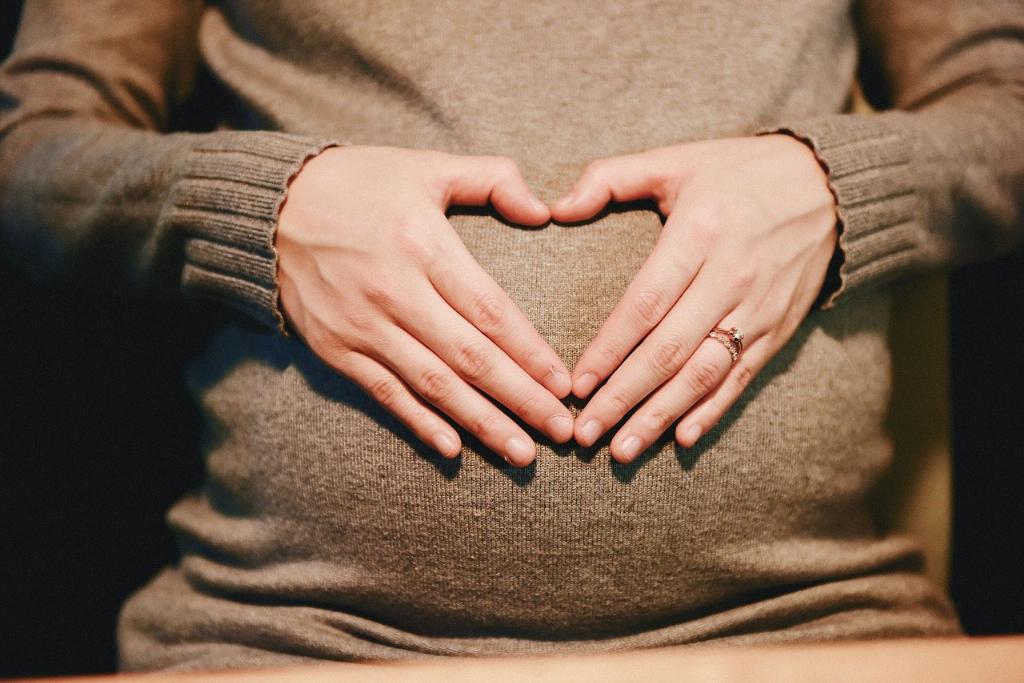There are certain distinct differences you may experience if you are pregnant with twins compared to a singleton pregnancy. From heightened symptoms to a unique sense of carrying two babies, the journey can be both exciting and challenging.
1. Intensity of Symptoms
One of the most notable differences when carrying twins is the intensity of pregnancy symptoms. Moms expecting twins often report experiencing more severe morning sickness, increased fatigue, and heightened emotional changes compared to singleton pregnancies.
2. Rapid Weight Gain
Another common indicator of a twin pregnancy is rapid weight gain. Women carrying twins tend to gain weight at a faster pace due to the increased demands on their body to support the growth of two babies simultaneously.
3. Extreme Breast Tenderness
Expecting twins can also lead to extreme breast tenderness. The hormonal changes and increased blood flow to the breasts can result in heightened sensitivity and discomfort, making this symptom more pronounced in twin pregnancies.
4. Swelling and Bloating
With twins, you may notice more significant swelling and bloating in various areas of your body. This is often due to the increased fluid retention and the pressure exerted by two growing babies on your internal organs.
5. Increased Fetal Movement
Feeling the movements of your babies can also be different when pregnant with twins. You may experience more frequent kicks, rolls, and jabs as both babies become more active in the limited space they share in the womb.
6. Expanded Uterus Size
As your pregnancy progresses, the size of your uterus will expand considerably to accommodate two babies. This can lead to a larger belly size and a unique shape compared to a singleton pregnancy.
7. Higher Levels of Discomfort
Due to the increased strain on your body and the enlarged uterus, you may experience higher levels of discomfort, particularly in your back, hips, and pelvis. Twin pregnancies can put more pressure on your musculoskeletal system.
8. Greater Nutritional Needs
Expecting twins requires meeting greater nutritional needs to support the healthy development of both babies. You may need to consume more calories, vitamins, and minerals to ensure proper growth and prevent deficiencies.
9. Increased Frequency of Prenatal Visits
Because twin pregnancies are considered higher risk, your healthcare provider may schedule more frequent prenatal visits to monitor the growth and development of both babies closely. This can provide added reassurance and care throughout your pregnancy.
10. Emotional Roller Coaster
Emotionally, expecting twins can be a roller coaster ride. The mix of excitement, nervousness, and anticipation can be overwhelming at times. It’s essential to seek support from loved ones and healthcare professionals to navigate the emotional complexities of a twin pregnancy.
11. Double the Preparation
Preparing for the arrival of twins involves twice the planning and organization compared to a singleton pregnancy. From setting up two cribs to stocking up on essentials, there are additional tasks to consider when getting ready for the arrival of your little ones.
12. Miraculous Journey Ahead
While the journey of carrying twins may present its challenges, it is undeniably a miraculous experience to witness the growth and development of two babies inside you. Embrace the uniqueness of a twin pregnancy and cherish the moments that make this journey so extraordinary.

